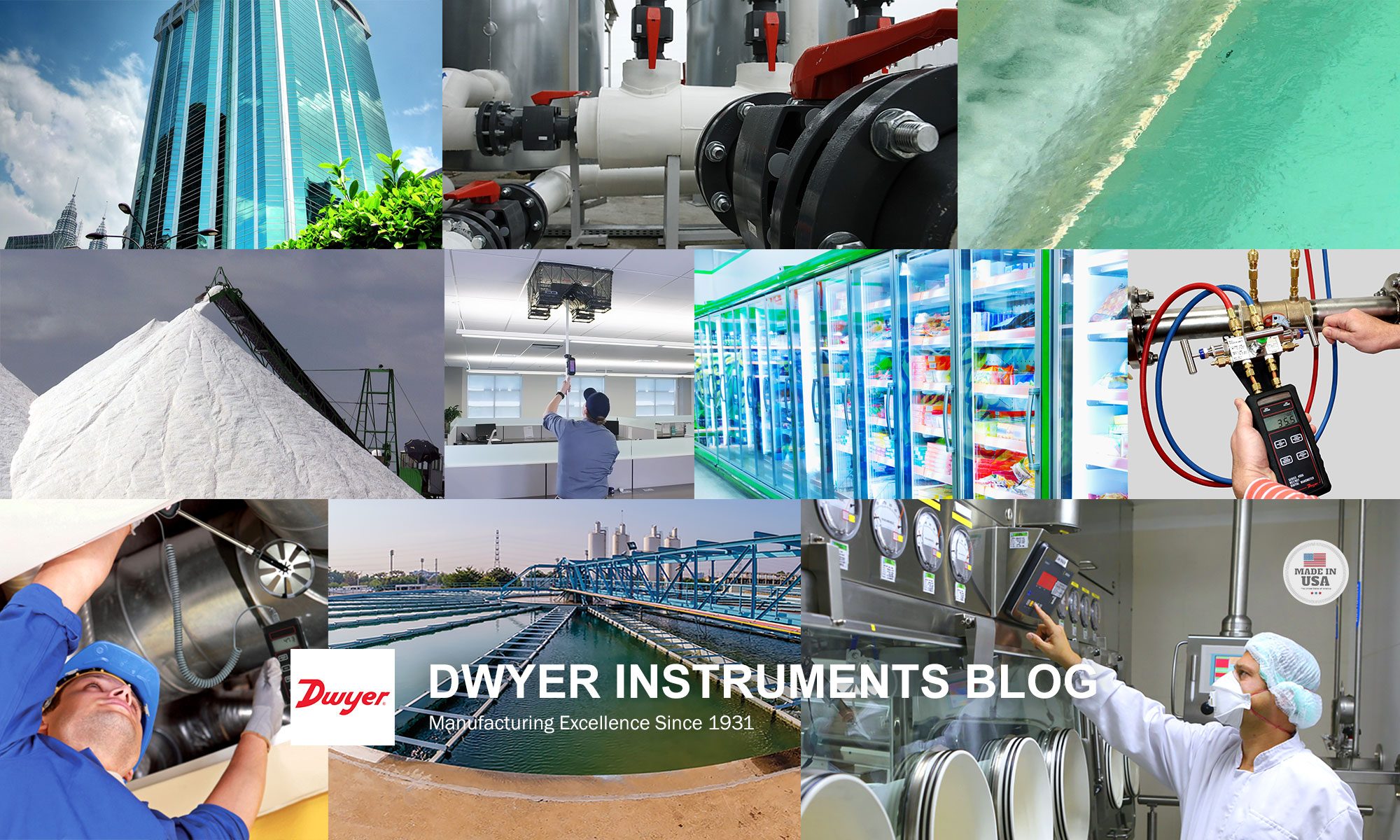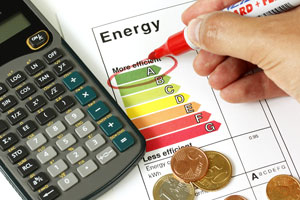“In the real estate industry you always hear this phrase, ‘Location, location, location.’ I think for energy management systems the key is ‘Execution, execution, execution.'”[1]
— Sara Lisauskas, Energy Management Systems: Maximizing Energy Savings
 What comes to mind when you think of the phrase “energy efficient?” Perhaps you think of LED light bulbs, electric cars, Energy Star appliances, or LEED-certified buildings. But energy efficiency isn’t limited to “green” products or certifications.
What comes to mind when you think of the phrase “energy efficient?” Perhaps you think of LED light bulbs, electric cars, Energy Star appliances, or LEED-certified buildings. But energy efficiency isn’t limited to “green” products or certifications.
According to the American Council for an Energy-Efficient Economy, “commercial buildings account for 19% of the energy consumed in the United States.”[2] HVAC systems can use (and waste) a lot of energy if they are not operating at their maximum efficiency. Inefficient HVAC systems can have a variety of consequences, including increased operating costs and shorter system lifespan (because the equipment must work harder than necessary to heat or cool). Luckily, there are several ways to ensure your HVAC system is running as efficiently as possible, which will protect the system and your wallet.
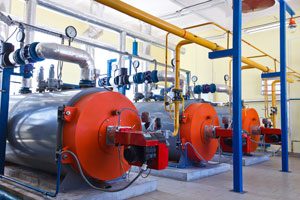 The key to running an efficient HVAC system is to understand how much energy your system actually consumes versus how much energy your system should consume. First, it is important to understand the specific needs of your HVAC system. For example, older systems are less efficient than newer ones and may require additional monitoring or care to achieve maximum efficiency. Not only are newer boilers more efficient, but some also state their efficiency on the unit itself, making it easy to understand how much energy is used.[3] Second, it is important that your system is regularly serviced and set points and schedules are checked, as they may shift over time. Regardless of your system’s age and service schedule, make sure you have technology in place to track energy consumption.
The key to running an efficient HVAC system is to understand how much energy your system actually consumes versus how much energy your system should consume. First, it is important to understand the specific needs of your HVAC system. For example, older systems are less efficient than newer ones and may require additional monitoring or care to achieve maximum efficiency. Not only are newer boilers more efficient, but some also state their efficiency on the unit itself, making it easy to understand how much energy is used.[3] Second, it is important that your system is regularly serviced and set points and schedules are checked, as they may shift over time. Regardless of your system’s age and service schedule, make sure you have technology in place to track energy consumption.
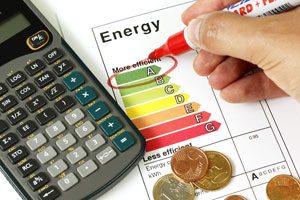 In order to conserve energy, you must first know how much energy is being consumed. Calculating heat energy, measured as BTUs in the United States, requires a complicated formula. To calculate additional units of measurement, such as kilowatt hours, additional formulas are required. Calculating these energy values by hand can be difficult, so consider an option that eliminates human error: a thermal energy (BTU) meter. Thermal energy meters incorporate a calculator that will calculate energy usage automatically and eliminate any errors that may come from manual calculation. A thermal energy meter will help you track heat usage in your HVAC system in order to maximize process efficiency.
In order to conserve energy, you must first know how much energy is being consumed. Calculating heat energy, measured as BTUs in the United States, requires a complicated formula. To calculate additional units of measurement, such as kilowatt hours, additional formulas are required. Calculating these energy values by hand can be difficult, so consider an option that eliminates human error: a thermal energy (BTU) meter. Thermal energy meters incorporate a calculator that will calculate energy usage automatically and eliminate any errors that may come from manual calculation. A thermal energy meter will help you track heat usage in your HVAC system in order to maximize process efficiency.
Once you understand how much energy your system is consuming, you can make adjustments to decrease the amount of energy consumed. In order to improve the efficiency of your HVAC system, you should use system components only when necessary and use only as much energy as necessary. Check the set points and schedules, calibrate sensors, and do some functional testing. Adjusting set points and schedules so that components are used only at peak times is a simple way to save energy and money. Calibrating sensors will ensure products that have been in use for a while still meet factory specs, and functional testing will ensure everything is running as intended.[4]
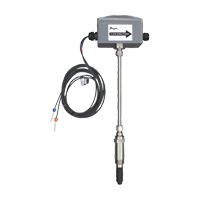
Installing a heat meter will help you understand how much energy your HVAC system is using and therefore how much money is spent during normal system operation. Dwyer Instruments is proud to introduce the Insertion Thermal Energy Meter, Series IEFB. The IEFB has a built-in EN 1434 calculator to take the guesswork out of BTU measurement. It also offers several output options, including BACnet or Modbus® communication, for easy integration in your building automation system. By integrating a thermal heat meter in to your HVAC system, you will be able to better track energy consumption and adjust the parameters of your system in order to increase energy efficiency, protect your equipment, and decrease costs.
[1] https://www.energy.gov/eere/wipo/energy-management-systems-maximizing-energy-savings-text-version
[2] https://aceee.org/sector/commercial
[3]https://www.energy.gov/energysaver/home-heating-systems/furnaces-and-boilers
[4] https://www.energy.gov/eere/wipo/energy-management-systems-maximizing-energy-savings-text-version
